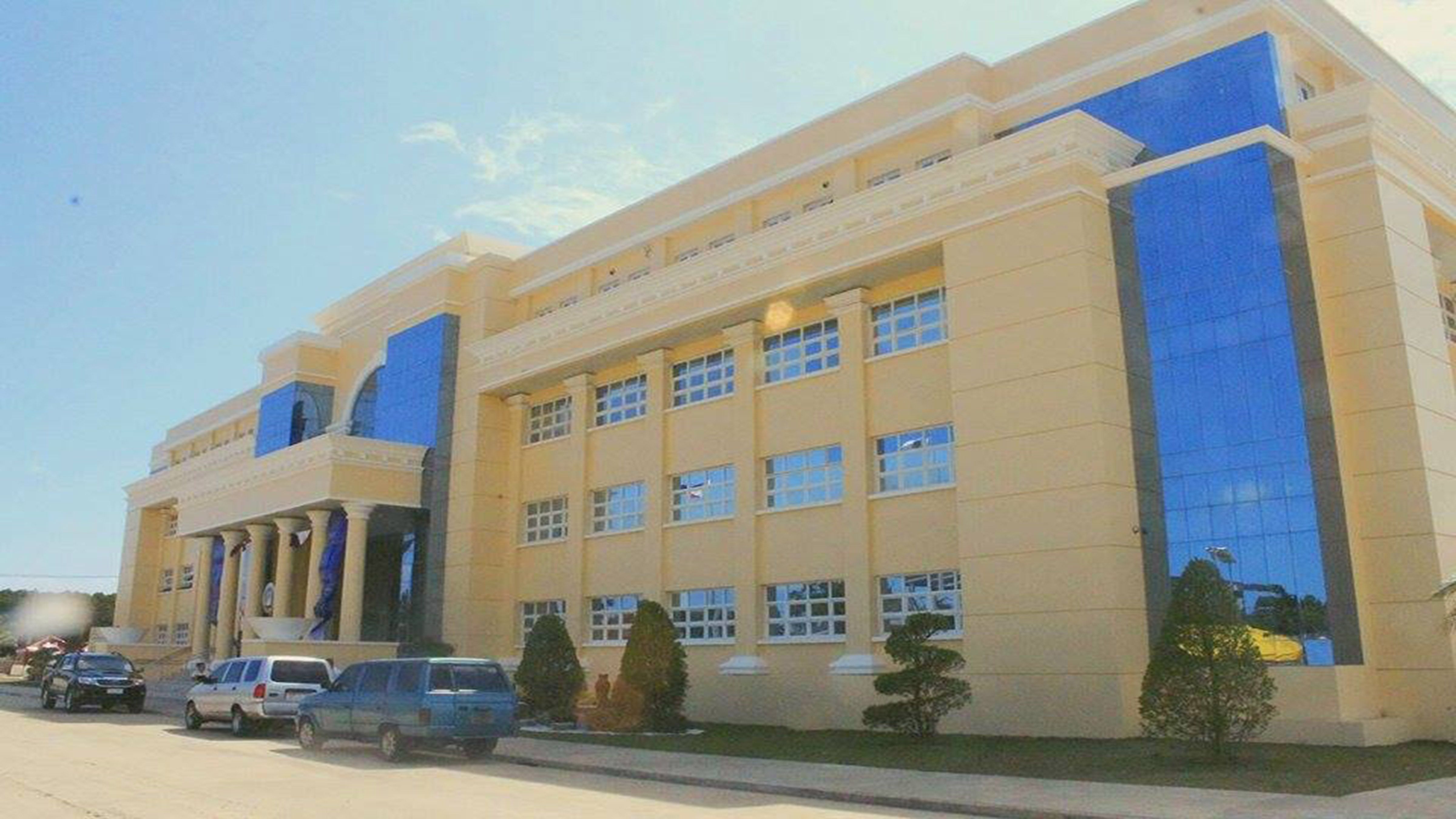Lucena City was placed under Alert Level 1 since March 16, nearly two years after being placed under a rigorous lockdown, as COVID-19 infections continue to drop and hospital bed use remains low.
Lucena City was placed under the most lenient quarantine classification since March 16, nearly two years after being under a rigorous lockdown, as COVID-19 infections continue to drop and hospital bed use remains low.
The Inter-Agency Task Force for the Management of Emerging Infectious Diseases (IATF) has placed Lucena City and 47 other localities under Alert Level 1 from March 16 to 31, according to Malacanang.
Intrazonal and interzonal travel will be permitted regardless of age, comorbidities, or health hazards under Alert Level 1.
Guidelines
According to the revised IATF guidelines, well-fitted face masks should be worn properly at all times, whether outdoors or indoors, especially in public transportation, except when eating and drinking; participating in team and individual sports in venues where ventilation standards can be maintained, and in outdoor sports and exercises where physical distance can be maintained.
While all private offices and workplaces may be fully staffed, managers may continue to offer flexible and alternative work arrangements if they so choose.
Government agencies and instrumentalities must have 100 percent on-site personnel. Off-site work will be governed by the Civil Service Commission (CSC) and the Office of the President's rules and regulations.
The public transportation system will be at full capacity.
All agencies and establishments will not be forced to employ health declaration forms or paper- based contact tracing; digital contact tracing, such as the StaySafe.
Individuals who are unvaccinated or have a higher risk of exposure will be subjected to testing processes that follow national criteria. For elderly individuals, those with comorbidities.
Healthcare workers, reverse transcription polymerase chain reaction (RT-PCR) testing should be recommended and prioritized. Other groups will be given the option of testing.
Testing will not be recommended for asymptomatic close contacts unless symptoms develop. Symptom monitoring is recommended instead. Should testing still be used, this should be done at least five days from the day of last exposure. Testing will not be recommended for screening asymptomatic individuals.
Testing using antigen tests will be recommended only for symptomatic individuals and in instances where RT-PCR is not available. The Hospital Infection Prevention and Control Committees may implement testing protocols in health facilities for health workers and patients based on their assessment of risk and benefit.
Updated quarantine protocols for incoming international travelers will be implemented.
Establishments are no longer required to set up isolation facilities within the workplace.
Close contacts, asymptomatic confirmed cases, and mild to moderate confirmed cases shall be managed at the primary care level, such as health centers, private clinics, through face-to-face or teleconsultation, while confirmed cases with severe and critical symptoms shall be managed in the appropriate health care facility.
Isolation
Isolation can be discontinued upon completion of the recommended isolation period, provided that they do not have a fever for at least 24 hours without the use of any antipyretic medications and show improvements in respiratory signs and symptoms.
For the claiming of sick leave, health benefits, or other relevant processes wherein proofs of COVID-19 management are necessary, a medical certification may suffice but should include the name of the patient, severity of symptoms, diagnosis as probable or confirmed COVID-19, and date of end of quarantine or isolation period.
Proof of full vaccination
Individuals 18 years old and above will be required to present proof of full vaccination before participating in mass gatherings or entry into indoor establishments like in-person religious gatherings; gatherings for necrological services, wakes, and funerals, indoor dine-in services of food preparation establishments, personal care establishments such as barbershops, hair spas, hair salons, and nail spas, fitness studios, gyms, and venues for exercise and sports; indoor cinemas or movie houses; meetings, conferences, and permitted venues for social events like parties, wedding receptions, family reunions; and venues with live voice or wind-instrument performers and audiences; indoor ancillary establishments in hotels and other accommodation establishments; and venues for election-related events.
Tags: #LucenaCity #opinyonquezon #QuezonNews #opinyonnews

